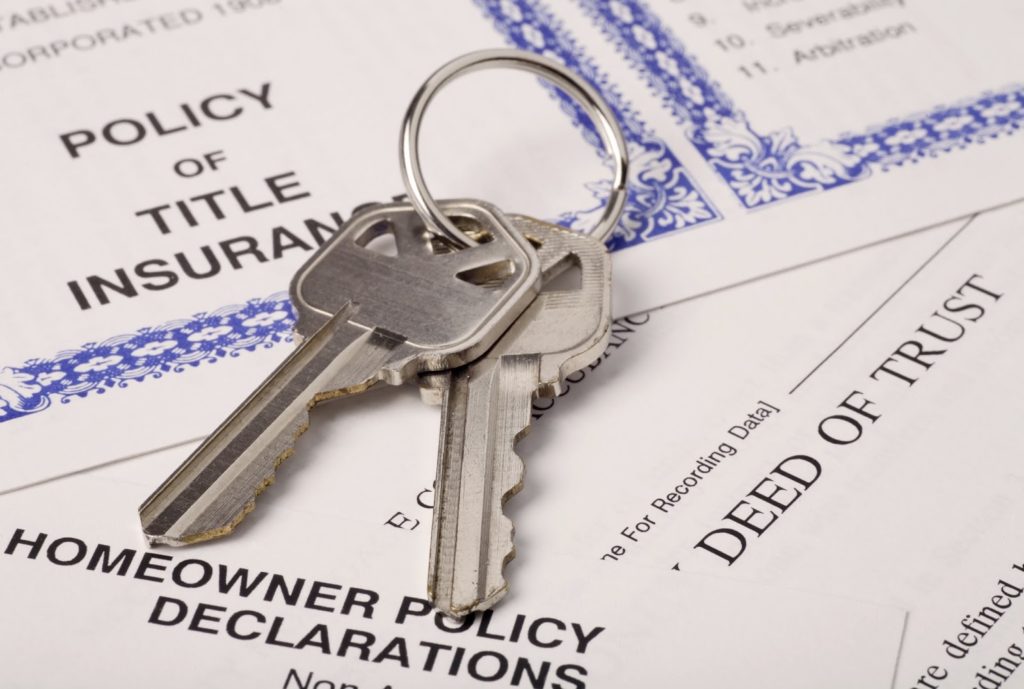When you are looking for taking a loan or a mortgage out, you may need to put up some collateral up as a guarantee that you will pay the promisor (lending agent) back. Putting up a high value asset such as a house for collateral for a loan is seen as an extra layer of protection for the lender.
What is Collateral?
You may object to the very idea of collateral, but it is important to realize that a lender needs to have a way to get their losses back if you ever default on paying them back. A conventional mortgage A collateral mortgage differs from a conventional mortgage in that they are made with the understanding that you might borrow more money, so the yare more flexible, but they will take longer to pay back, so the interest ends up being higher. They are more flexible, but end up costing more in the long run. You have to decide which is more convenient for you.
Other Forms of Collateral
A lot of people think of homes as being the collateral most commonly accepted by lenders, and they are, but there are many other forms that collateral can take. Another thing that is commonly put up for collateral is undeveloped property or real estate, as well as inventory, either as part of the property or separately. Another thing people do a lot is offer up cash in accounts that they have. For example, you can get loan from a bank and give them the option to empty your accounts if you are unable to make payments on the loan. If you are the owner of a business, you can use unpaid invoices as collateral. If you default on payments, lenders can seek remuneration from delinquent customers. Another prevalent course of action is to use a cosigner. You are using the good credit of another person to be your collateral. It is nearly impossible to get a sizable loan from any type of lender without one of these types of collateral, although the most common type is a piece of property, like a home.
Who Can Offer Me a Loan?
When you are trying to get a mortgage or other loan, maybe you have heard the terms lender and broker being used a lot. It is important to realize that while a lender is a financial institution or other entity that is making your loan, a broker is like a middle man. They make sure that everything in your work together moves smoothly. Lenders can be a financial institution, a direct source of funds, or a retail source that works directly with consumers. A financial institution like a bank is the most common sort of lender for a mortgage, though many portfolio vendors and mortgage banks so these.
Why Do I Need Collateral?
When you are seeking a loan, you need some sort of collateral to secure your intention to pay it back. It is an item of value because it will be used to cover the cost of the loan if you are unable to do so by other means. If financial institutions did not require collateral for their loans, they would be taking a huge risk, and you putting up an item of value as collateral lessens that risk. If you should happen to default on repayment of your loan, the lender can seize your collateral and use it to recoup their losses.
There are many sources of funds from which you can seek a mortgage, but it is important to realize that you will most likely need some sort of collateral to secure its terms. A home is most common, but anything of value may be used as collateral.


